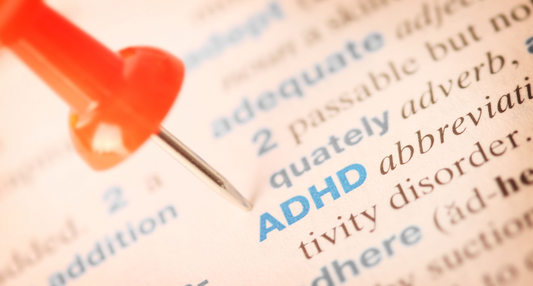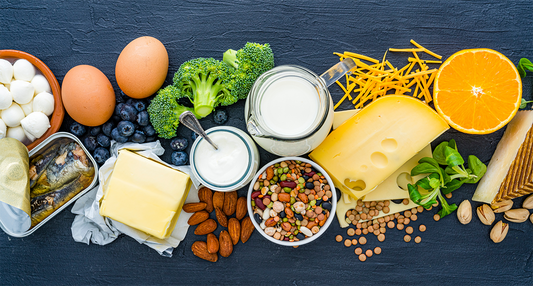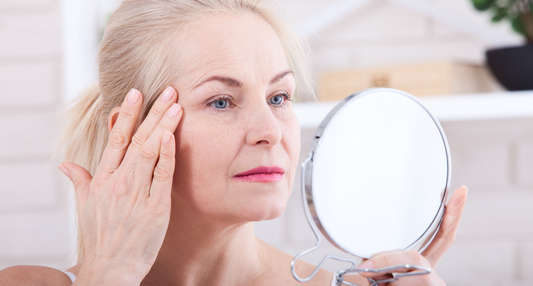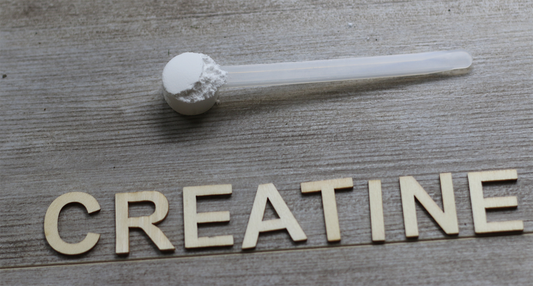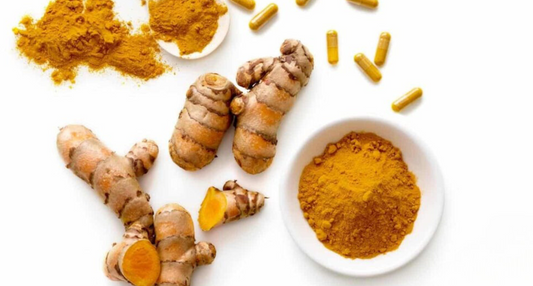Love Is In The Air! Increase Your Sexual Desire By Decreasing Inflammation

Share
Want To Up Your Sexual Desire? Hit Your Inflammation Brake!
I love romantic comedies. Two strangers meet, and their desire for one another grows until, after numerous wacky mishaps, they finally connect and enjoy their first passionate kiss. Both are totally in sync – they are physically aroused and in the mood. As they embrace, the music swells, the credits begin to roll, and as soon as the screen goes dark, they rush to a private location to enjoy the best sex of their lives!
Unfortunately, this scenario doesn’t happen very often. Males born with penises typically respond to sexual stimuli right away – their erection matches their desire. Their excitement grows until they ultimately climax then relax. Female folk, born with vulvas and vaginas, are far more complex. For us, physical arousal, which includes increased heart rate, engorgement of the vulva, and vaginal lubrication, doesn’t always match our desire and vice versa. We can feel turned on, but our bodies won’t respond, or we can become physically aroused and aren’t in the mood.
How Does Inflammation Fit Into This? First, A Little Background…
To better understand the female sexual response, experts Erick Janssen and John Bancroft developed the Dual Control Model. Like a car, this model shows how females have “accelerators” that help us move toward sexual intimacy and “brakes” that turn us off.
Accelerators include:
- The scent of a partner’s cologne.
- Wearing sexy lingerie.
- Exchanging loving words.
- Tender hugs.
- Viewing romantic or erotic films together (Outlander!).
- Even watching a partner wash the dishes.
Accelerators rev up our sexual engines!
Brakes do the opposite. We may want romantic activity but suddenly hear a child cry or worry that our birth control might fail. We may remember a task we forgot to do or feel too stressed, tired, angry, uncomfortable about our appearance, or worried about possible pain during intercourse. These and other brakes can slow us down or steer us off the road.
The Chronic Inflammation Brake
Our bodies experience two types of inflammatory responses – acute and chronic. The acute response is a good thing. It robustly attacks unwanted bacteria and viruses and helps repair and maintain tissues following an injury. Acute inflammation ceases after a few hours or days.
Chronic inflammation occurs when the body’s acute response doesn’t shut off. It continues for months or years and tries to battle dangerous intruders who are either long gone or were never there, to begin with. Chronic inflammation can lead to heart disease, cancer, diabetes, asthma, and other medical issues. Experts recently recognized that this type of inflammation may be a brake that slows or stops female sexual desire and arousal.
Research
Scientists are just beginning to explore inflammation’s impact on female sexual function. As more studies are done with larger numbers of individuals, we will learn more about this important connection. An article in Current Sexual Health Reports (Lorenz, 2019) summarized the results of limited human and animal studies on this topic. Here’s what the researchers observed:
Females with chronic inflammation may…
- Feel tired and less interested in pleasurable activities, possibly because their energy is being used to fight medical challenges.
- Feel significant vulvar and vaginal pain during sexual intercourse.
- Feel lower levels of sexual desire, arousal and enjoyment during sex. Evolutionarily, this may happen, so the female waits to reproduce until she is healthier.
- Be less attractive to potential mates. In one rodent study, the males were less interested in interacting sexually with inflamed females. Again, this could be an evolutionary protection as mating with an unhealthy female could expose the male to infection or make it difficult for the female to carry a baby to term.
Solution? The Galveston Diet!
One of the main benefits of The Galveston Diet is its ability to reduce chronic inflammation. It accomplishes this with intermittent fasting, anti-inflammatory food choices, physical activity, and stress-lowering activities such as meditation and journaling. The exciting news is that women who adhere to this lifestyle plan may also improve their levels of sexual desire and arousal.
Reducing chronic inflammation is one of many ways to nurture your sexual responsiveness. You can also learn relationship-enhancing communication tools, expand the forms of intimate connection you and your partner do each day, identify more personal sexual needs and wants, reduce your stress, get more sleep and more. If you have a chronic inflammation issue that requires medical attention, be sure to work with your healthcare team to choose treatments that meet your specific needs.
Happy Accelerating!
– Dr. Janis Roszler
Credentials:
- Dr. Janis Roszler (she/her)
- PhD in Clinical Sexology
- Board Certified Sex Therapist
- Instructor/Research Chair, International Institute of Clinical Sexology
- Certified Diabetes Care and Education Specialist




